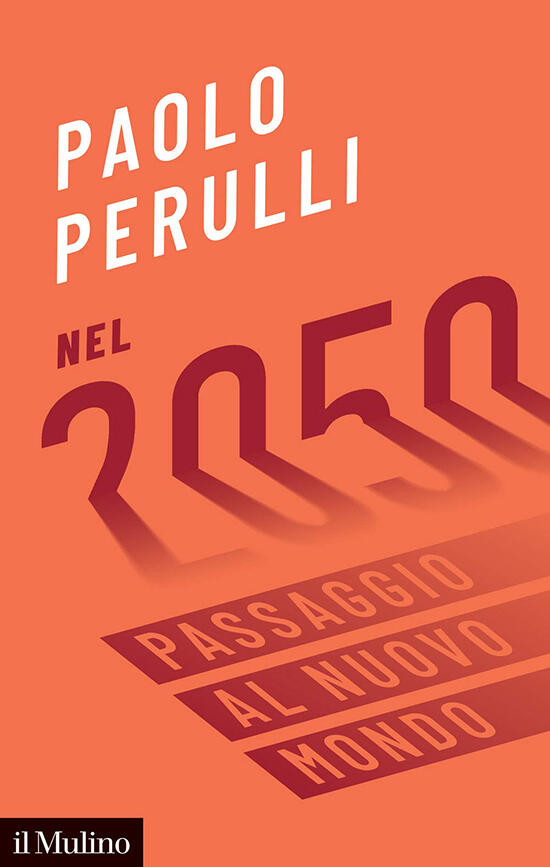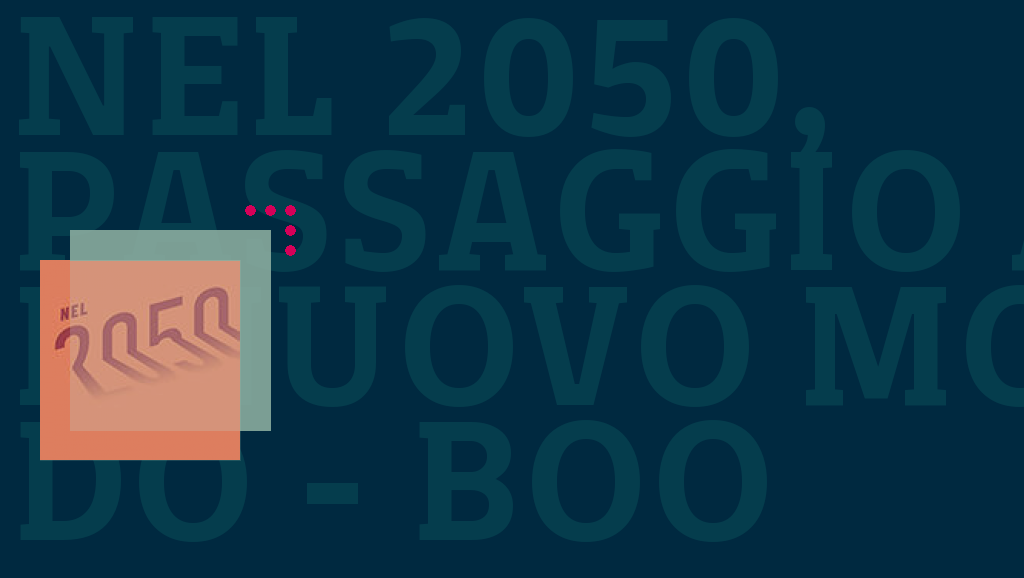Nel 2050, Passaggio al Nuovo Mondo (In 2050, Passage to the New World) is the latest book from Paolo Perulli, published in Italian by Il Mulino, Bologna, 2021.
In his latest work, Economic Sociologist Paolo Perulli takes a retrospective and prospective position as we find ourselves at the half-way point of a defining moment in history spanning 60 years.
Beginning in 1989 and finishing in 2050, the book charts the passage from the end of the old Twentieth Century world order to a hypothetical point in the future, a moment of truth when we will be closer to understanding if we have been able to save humanity from environmental catastrophe.
As the choice of positioning by the publisher might suggest, this is not an academic publication but a tractatus, a free-flowing narrative with a point to make: now is the time to make the new world by readdressing the relationship between human society and the natural world.
The narrative is structured in two parts, yesterday’s world that runs until today, and tomorrow’s world, that runs from today but towards the future.
Yesterday’s world describes post 1989 social and economic developments using a novel class analysis, society no longer sliced into different shades of working, middle and upper classes but into a neo-plebian, creative and elite classes.
This classification takes into account the changes in the economic and work-life structures that have developed over the last 30 years, new forms of employment and contracting, the push for flexibility and the inevitable exploitation of the weak that such a system promotes.
The elites are seen as cosmopolitan while the creative class hosts a broad range of incomes and working relationships (many of which involve precarious employment situations), some of which are also driven into mobility by necessity, while the neo-plebian live a form of slavery and social and political exclusion.
Part 2 weaves the narrative through a collection of ideas about how the current capitalist system would have to change if it is to lead to his goal of ‘saving the planet, stopping the destruction of natural and social resources and assuring equality’.
Any successful approach has to be glocal and regional based as opposed to the current transnational but unconnected approach. Collective action is required, the reduction of risk a necessity, openness and respect for the Earth should be the guide.
Cities, regions and geographically and culturally linked groups of countries would be the powerhouses that would drive change, change that is both global in effect but local in character, sustainable, inclusive and recognizable, rather than generalizable and detached.
Trust, openness, the reduction of incalculable risk and collective action would form the foundations.
The book closes with a utopic description of how the world has been transformed, written in 2050.
Federal, glocal, participatory, democratic, mobile, carbon-neutral, equal, legal, commons based and decentralized.
Saved.

——————-
















